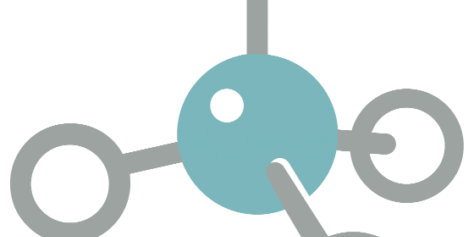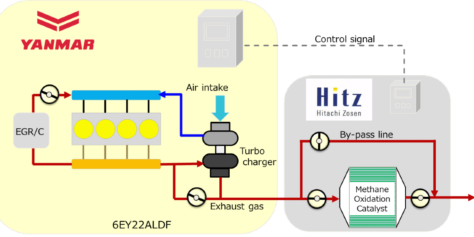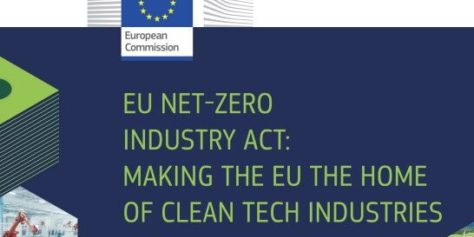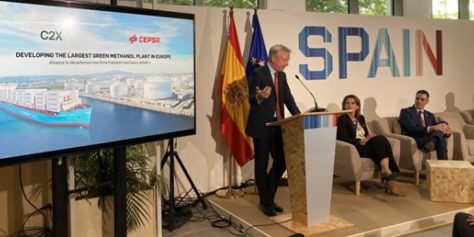Leading Chinese shipbuilder Nantong CIMC SOE has signed a contract for the construction of a 12,500 cbm LNG bunkering vessel with Enagás subsidiary Scale Gas.
A tripartite partnership between Japanese shipping companies has achieved a 93.8% reduction in methane exhaust from a marine gas engine operating at 100% load in onshore tests, paving the way for trials at sea.
The European Parliament has given the green light to the Zero Emissions Industry Act (NZIA), an initiative that seeks to boost industrial capacity for green technologies in Europe. The inclusion of clean fuels for maritime transport in the list of key technologies has been received with enthusiasm by the sector, especially by the European Community Shipowners Association (ECSA), which sees in this law an opportunity to accelerate decarbonization of maritime transport and ensure the supply of sustainable fuels.
The construction of a green methanol plant in the Port of Huelva, the result of collaboration between Cepsa and C2X, a Maersk subsidiary, marks a milestone in the energy transition of the maritime sector. This project is integrated into a broader context: the consolidation of the Strait of Gibraltar as a key energy hub for the supply of sustainable fuels
A two-year research project to measure real-world methane emissions from LNG-fueled ships in Europe. The project is a collaboration between the International Council on Clean Transport (ICCT), Explicit ApS, a Denmark-based emissions control company, and TNO, an independent Dutch research organization.
The Global Center for Marine Decarbonization (GCMD), which brings together public entities and companies based in Singapore, awarded its study on the security of ammonia supply to a consortium led by DNV.






